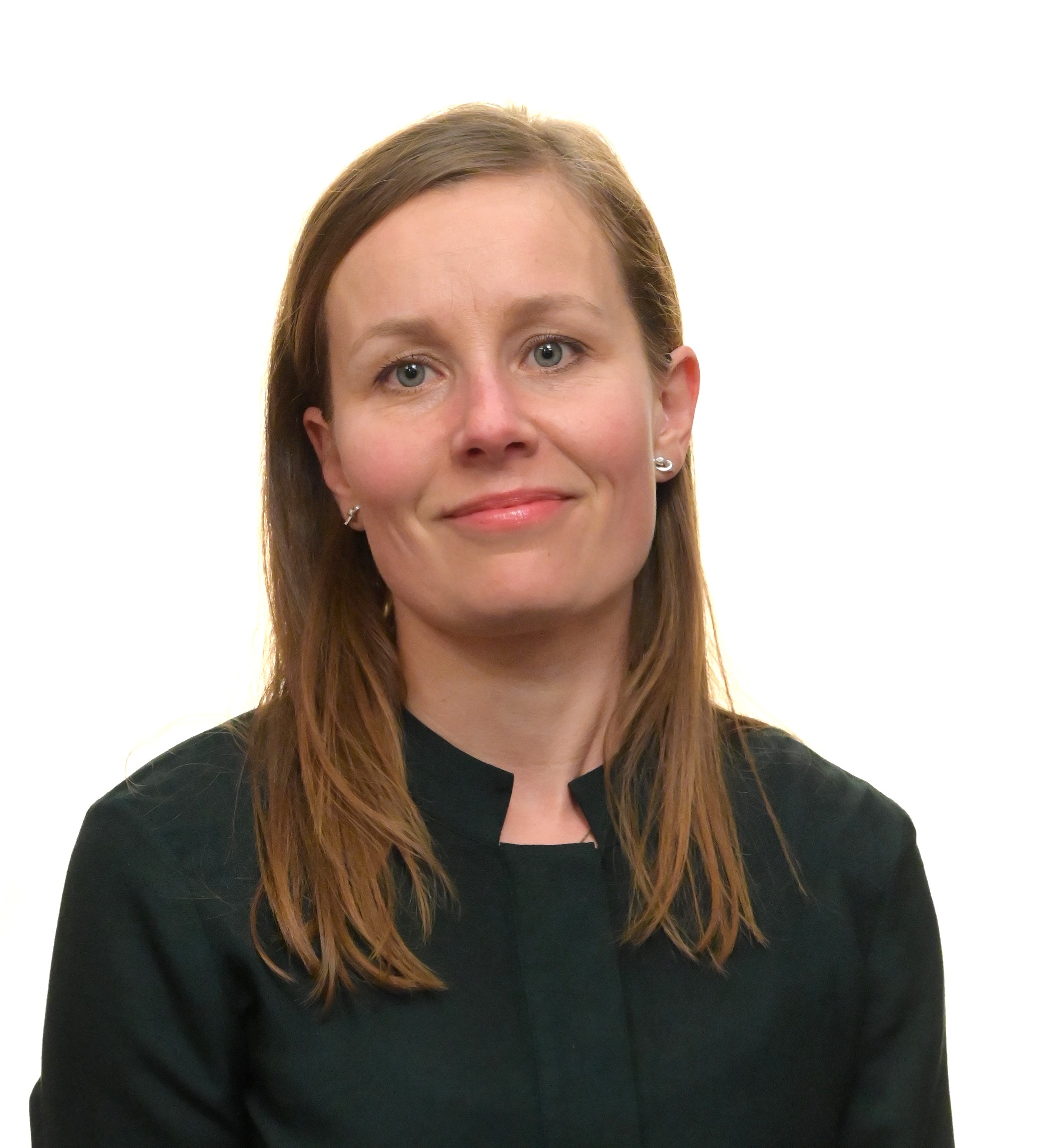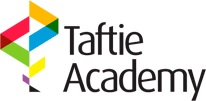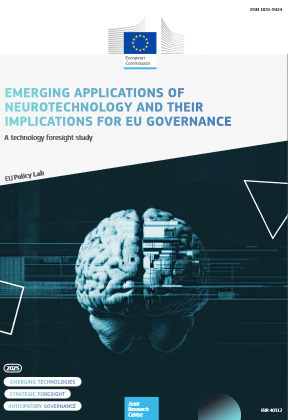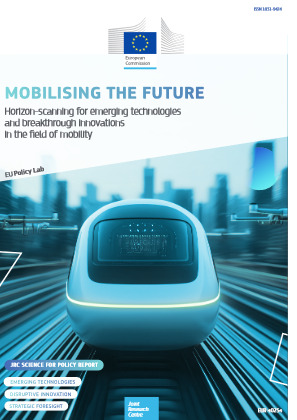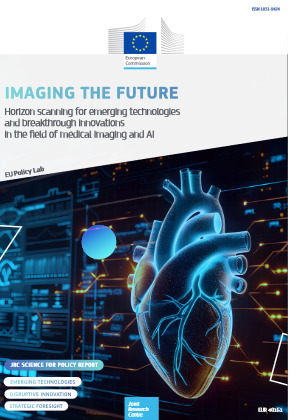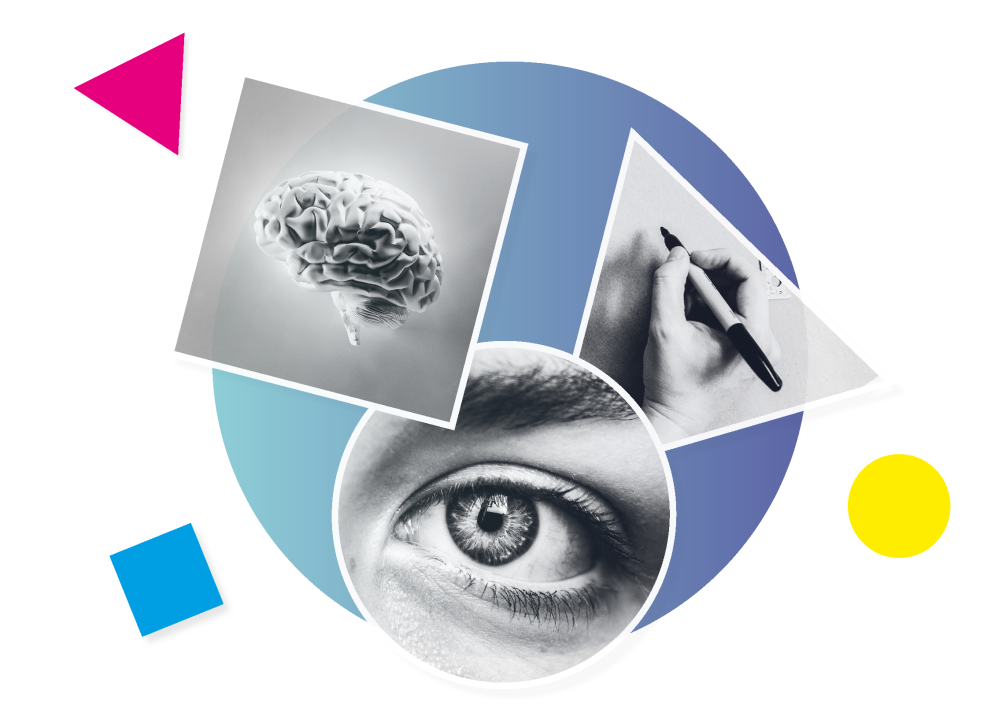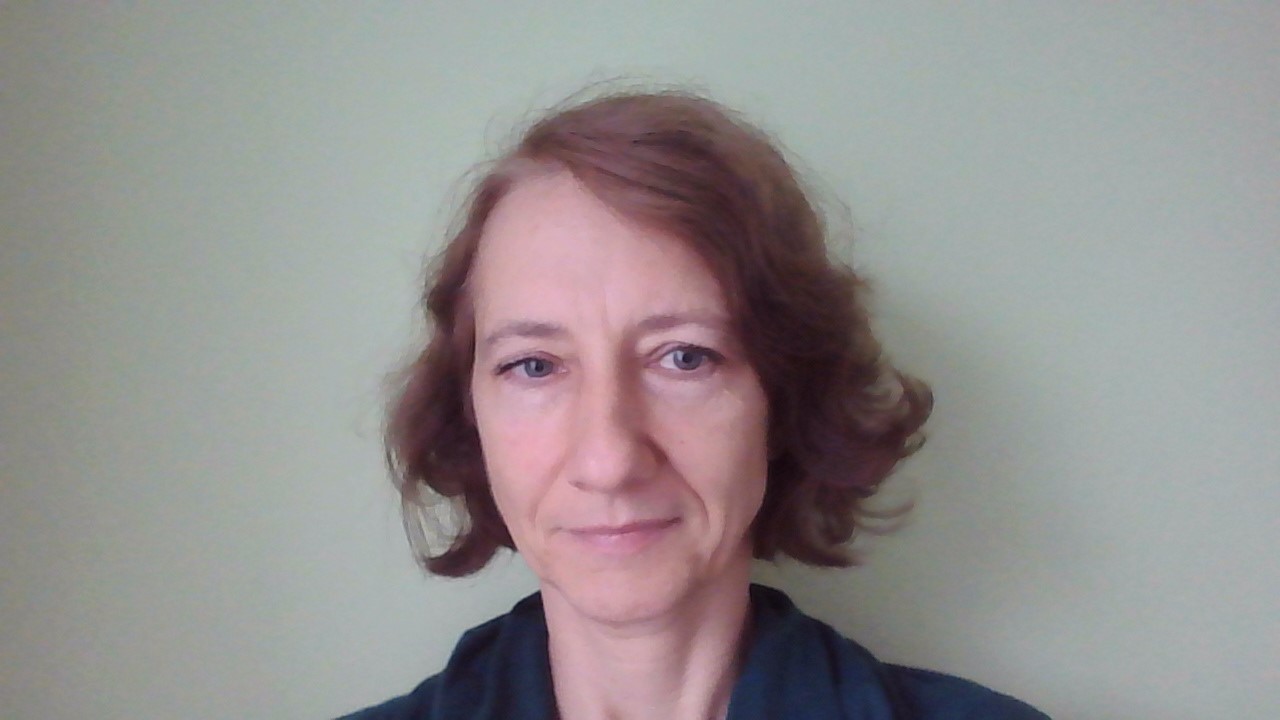Last Edited: 3 days ago
Taftie Academy Training “Foresight”02 December - 03 December 2025
Finland Futures Research Centre (FFRC) provided a two-day foresight training for TAFTIE Agencies held in Brussels, Belgium on December 3rd and 4th 2025.
The objective of the training, influenced by a 2024 Eye of Europe pilot training session, was to give a solid, yet concise understanding on the field of futures studies and foresight, core foresight methods, and practical insight on applying foresight with particular emphasis its application in the fields of research and innovation. The training consisted of lectures and exercises that give first-hand experience on applying foresight ideas.
The Taftie Academy foresight training session was attended by 30 participants from innovation agencies from 13 different European countries.
In addition to the training by FFRC, Maija Knutti (EU Policy Lab) and Joao Fabinha (Joint Research Centre) provided insights to the foresight and technology foresight work at the European Commission.
The event was hosted by Brussels office of the National Centre for Research and Development (Poland). See the organization's wrap-up of the event (in Polish): LinkedIn .
Posted on: 11/12/2025
